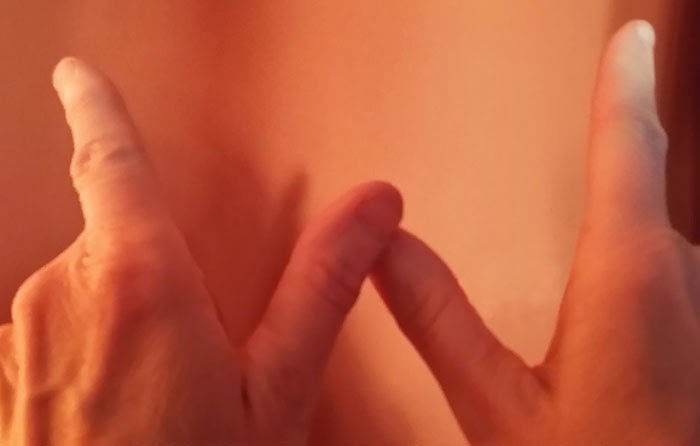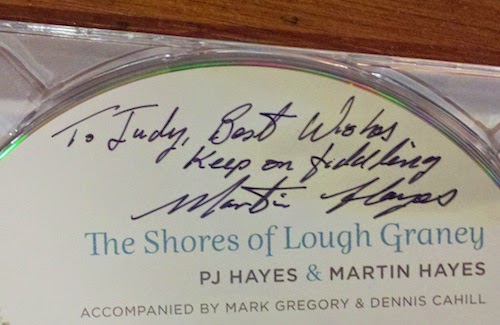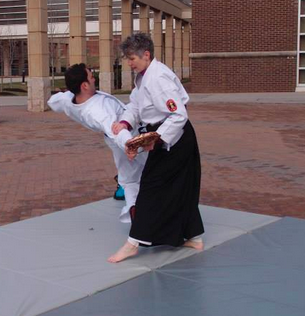Making it Look Easy

I was in a guitar workshop once with Matt Heaton (don't ask me why I was in a guitar workshop since I don't play guitar...). He was talking about doing a really fast jig strumming technique, and said that the most important thing is to relax - think of making it look easy. He joked that of course, when you are watching your favorite musician play some incredible riff, the one thing you always think is, "And, he/she makes it look sooo difficult!" Of course not! The great players make it look so easy! But that's because the great players, athletes, and martial artists are able to relax when they do whatever it is that makes them great. And when they can relax their hands, face, shoulders, neck and back, they actually can do whatever they are doing: faster, more effectively, and more beautifully.







